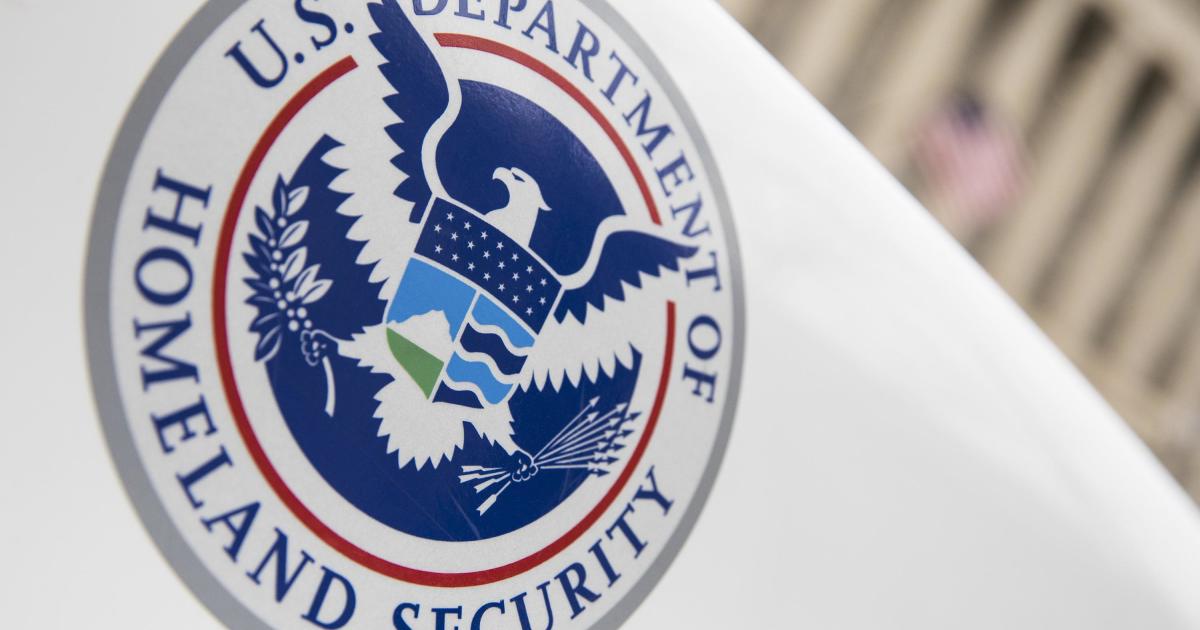A joint federal intelligence bulletin obtained by CBS News has warned of potential violent extremism and hate crimes committed in response to the one-year mark of the Oct. 7 attack on Israel by the militant group Hamas and the resulting conflict in Gaza. The bulletin, which was authored by the FBI, Department of Homeland Security, and the National Counterterrorism Center, was first disseminated by federal law enforcement to local law enforcement partners late Wednesday.
The bulletin highlighted that the one-year mark of the attack, as well as any further significant escalations in the Israel-Hamas war, may serve as motivating factors for violent extremists and hate crime perpetrators to engage in violence or threaten public safety. It provided several recent examples of such threats, including the arrest of a Pakistani national by Canadian authorities who was accused of planning a mass shooting at a Jewish center in New York City.
Tensions in the Middle East have continued to escalate, with recent events including an Israeli airstrike on Beirut that killed longtime Hezbollah chief Hassan Nasrallah, followed by a missile salvo on Israel by Iran. Most of the ballistic missiles launched by Iran were intercepted by Israel’s missile defense systems. Hamas and Hezbollah are both proxies of Iran.
Israel also initiated limited ground operations in southern Lebanon in response to these events. A senior DHS official mentioned during a briefing that there is not a clear assessment of Iranian intentions at this point, but Iran has the capacity to target U.S. interests globally and engage with individuals inside the United States, posing a potential threat to the homeland.
Iran has been involved in various efforts following the Oct. 7 attack, including spreading fabricated material to increase anger about the situation. The bulletin cautioned that the expansion of the conflict in the region could motivate violence against Jewish, Israeli, or American targets in retaliation for civilian deaths. Threat actors in the United States may react with violence to the death of Nasrallah.
Intelligence analysts revealed that the Oct. 7 attack and the Israel-Hamas war have been cited as sociopolitical grievances influencing some individuals’ mobilization to violence in the United States. Hate crimes surged shortly after the attacks but have decreased over the past several months. Reports of antisemitic incidents surged in the U.S. in the immediate months after the attack, with a significant increase compared to the same period in the previous year.
The bulletin emphasized that violent extremist activity and hate crimes linked to the conflict have been observed in the United States over the past year. Jewish, Muslim, or Arab institutions, as well as large public gatherings, present attractive targets for violent attacks or hoax threats by various threat actors. The bulletin also warned about foreign terrorist organizations creating media that encourages lone attackers to use simple tactics against Western targets in retaliation for deaths in Gaza.
Overall, the bulletin highlighted the ongoing threat of violence and extremism in response to the conflict between Israel and Hamas. It underscored the need for vigilance and cooperation among law enforcement agencies to prevent and respond to potential threats. The situation in the Middle East remains volatile, and the anniversary of the Oct. 7 attack serves as a reminder of the potential for violence and hate crimes to occur in various locations, including the United States.









